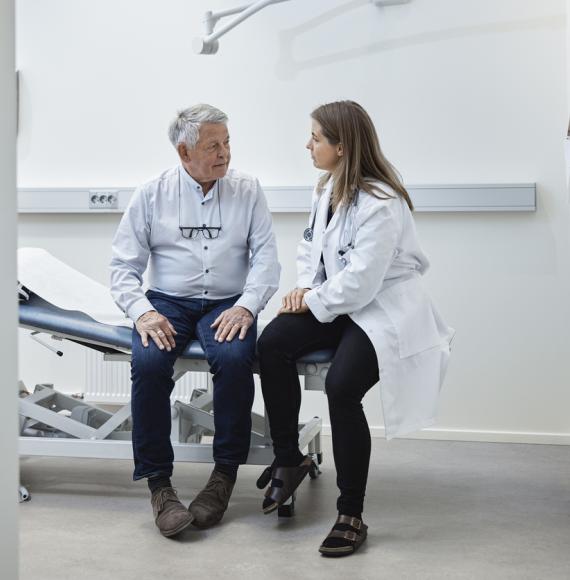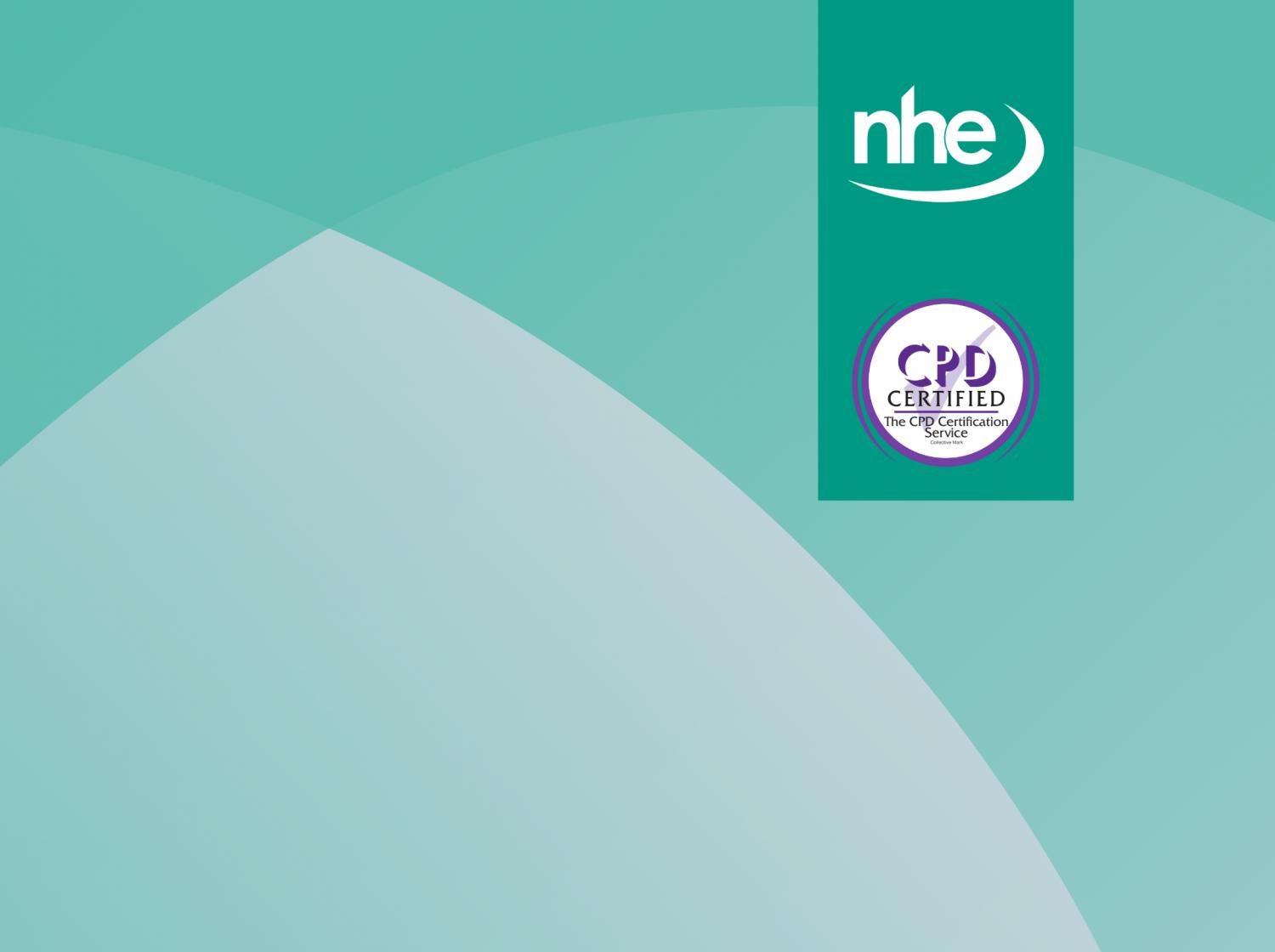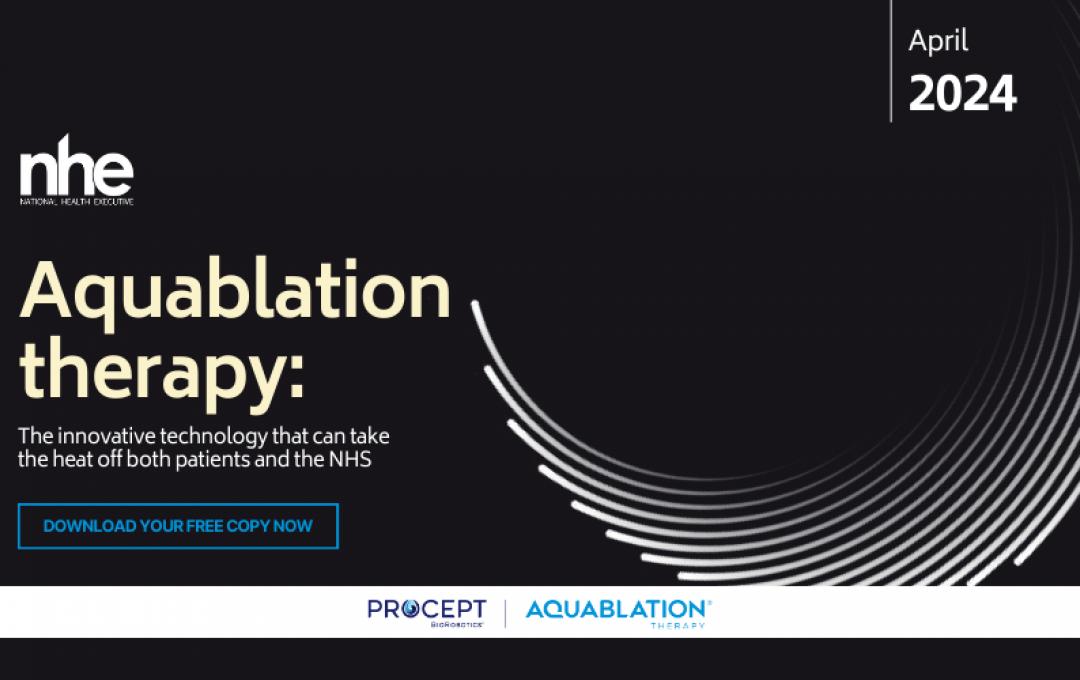The NHS is grappling with a monumental challenge in managing its elective care waiting lists.
As of February 2024, an overwhelming 7.5 million patients are on the waiting list, with 6.2 million waiting for treatment in England alone. Among them, 3.2 million patients have been waiting for over 18 weeks, highlighting the immense pressure on the healthcare system.
NHS trusts are increasingly turning to innovative solutions to streamline operations and improve patient care. One such solution, as explored in the recent webinar hosted by e18 Innovation titled "Using Automation To Improve The Efficiency Of Waiting List Management," is the strategic implementation of automation technologies.
The Elective Care Crisis: Understanding the Numbers
The NHS elective care waiting list peaked at 7.7 million patients in September 2023. Although the numbers slightly decreased to 7.5 million by February 2024, 6.2 million patients in England still await treatment. The situation is particularly dire for the 3.2 million patients who have been waiting for over 18 weeks.
These numbers represent more than just statistics; they reflect the real-life experiences of patients and the healthcare professionals working tirelessly under challenging circumstances. Traditional approaches to waiting list management are no longer sufficient. The NHS must embrace innovative solutions, such as automation, to address this crisis and ensure timely patient care.
Automation: A Powerful Ally in Waiting List Management
Automation in healthcare operations involves using technology to streamline and optimise processes, reducing the need for manual intervention. By leveraging automation, NHS trusts can complement their human workforce, allowing staff to focus on higher-value tasks requiring clinical expertise and human interaction. Automation excels at handling structured data, repetitive tasks, and can operate 24/7, ensuring consistent and efficient processing of waiting list data. The benefits include improved data compliance, reduced backlogs, and significant time savings.
For example, automating the management of "Did Not Attend" (DNA) appointments helps trusts quickly identify and follow up with patients. Similarly, automating patient-initiated follow-up (PIFU) pathways ensures proactive engagement with patients and timely meeting of their care needs. By re-categorising patients based on predefined criteria, automation can prioritise those with the most urgent needs, ensuring effective resource allocation.
Case Study: Guy's and St Thomas' NHS Foundation Trust
Guy's and St Thomas' NHS Foundation Trust (GSTT) faced significant data quality challenges before migrating to the Epic electronic health record system. To ensure a smooth transition and maintain the integrity of their waiting list data, the trust turned to automation. By leveraging automated processes, GSTT rectified waiting list data quality issues on an impressive scale, processing over 78,000 records.
The automation solution focused on modifying clinician and specialty mismatches, removing duplicate appointments, and transacting appointments. This approach improved data accuracy and streamlined operations, reducing the manual effort required to manage the waiting list.
Case Study: University Hospitals Sussex NHS Foundation Trust
University Hospitals Sussex NHS Foundation Trust has embraced automation to tackle the challenge of validating its Referral to Treatment (RTT) waiting lists. By implementing an automated patient survey process, the trust efficiently reached out to many patients and gathered valuable feedback on their care needs. Each week, the automation solution contacts between 3,000 and 5,000 patients via SMS, email, and letter surveys.
The response rate has been impressive, with over 80% of patients engaging with the automated surveys. The insights gained revealed that 13% of patients on the waiting list no longer wished to remain on it, allowing the trust to update its waiting list and allocate resources to those in need. The automation of the survey process has saved an estimated 266 hours (equivalent to seven full-time employees) per week in manual effort.
Case Study: Leeds Teaching Hospitals NHS Trust
Leeds Teaching Hospitals NHS Trust has established a mature automation programme with 61 live processes. When faced with the challenge of validating its waiting lists, the trust's automation team built an automated SMS survey process in just five days. The results were remarkable, with 40-50% of patients completing the survey and 25% calling in to update their information.
Over 102,000 records have been processed through this automated approach, saving the equivalent of 12 full-time employees and nearly £300,000 in associated costs. Leeds Teaching Hospitals' success in leveraging automation for waiting list validation highlights the agility and responsiveness that automation brings to healthcare operations.
The Future of Automation in Waiting List Management
As NHS trusts continue to focus on the elective care backlog, the role of automation in waiting list management is poised to expand and evolve. Automating transactional processes such as appointment scheduling and reminders can streamline operations and reduce the administrative burden on staff. As automation technologies advance, the potential for artificial intelligence (AI) and machine learning to enhance waiting list management is becoming increasingly apparent. AI-powered solutions could analyse waiting list data in real-time, identifying patterns and predicting patient needs to enable proactive interventions.
However, the implementation of automation is not without challenges. Trusts must consider factors such as data quality, system integration, and staff training to ensure the success of their automation initiatives. Maintenance and ongoing optimisation of automated processes are also critical to their long-term effectiveness. By embracing automation and collaborating with expert NHS partners like e18 Innovation, NHS trusts can transform their waiting list operations, improve patient care, and build a more resilient healthcare system.
Supporting the NHS Automation Journey
As NHS trusts navigate the complex landscape of automation, having access to a supportive community and expert resources can make all the difference. This is where e18 Innovation comes in, providing a platform for knowledge sharing, collaboration, and guidance. e18 Innovation recognises that every trust's automation journey is unique, and the choice of technology should be based on individual needs and circumstances. They offer a technology-agnostic approach, supporting trusts in their automation efforts regardless of the specific tools or platforms they choose.
Through upcoming webinars and a dedicated NHS community platform, e18 Innovation aims to foster a vibrant ecosystem. By providing competitive and flexible options for automation technology and professional services, connecting trusts with their peers, sharing best practices, and providing expert advice, e18 Innovation empowers NHS organisations to accelerate their automation initiatives and achieve tangible results.
Image credit: iStock


















